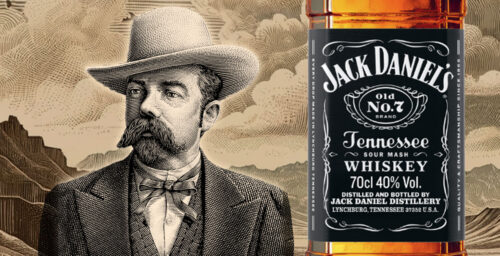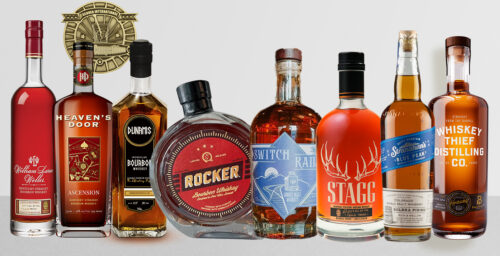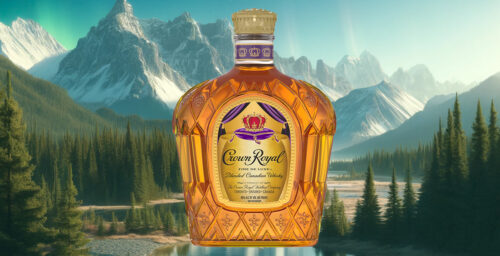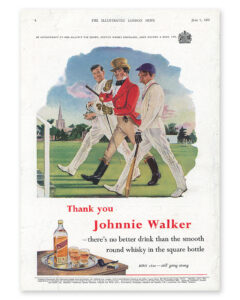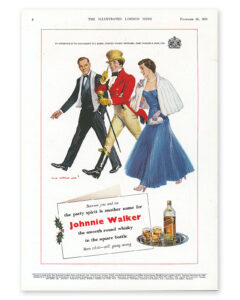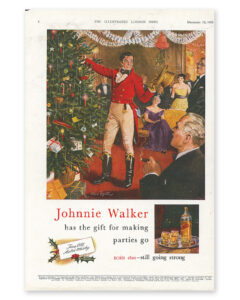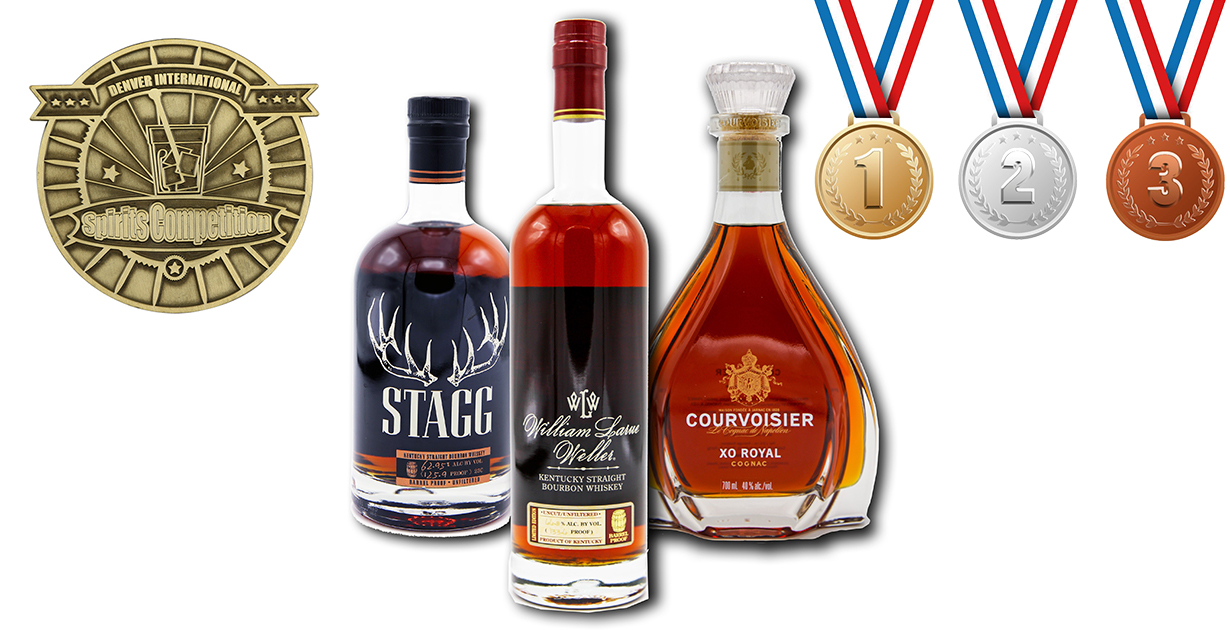
Spirits competitions across the world pit the best whiskies, bourbons, tequilas, vodkas, and more against one another. From big name brands to aritsan producers, many in the spirit industry recognize the positives that can come from entering a spirits competition. Winning a medal in a well-respected spirits competition can catapult a brand’s visibility and sales. Savvy marketers understand that entering a spirit in a competition is a fraction of the cost of advertising in a magazine.
However, the structure of a spirits competition is a very complicated thing. Planning, logistics, and patience are required.
As the CEO of Wine Country Network, I have extensive experience running professional beverage competitions. Our company started producing wine competitions in Colorado nineteen years ago. In 2010, we founded the Denver International Beer Competition. In 2014, we started the North American Bourbon and Whiskey Competition. Today, our company runs ten professional beverage competitions, with several more in development.
Spirits are booming globally, and more distilleries and merchant bottled brands are coming online yearly. This, in turn, means more entrants to these competitions.
If you are curious about how such awards work, here are a few things that you might not know about the inner workings of spirits competitions.
1. Spirit competitions are complicated
International spirits competitions like the Denver International Spirits Competition accept more than 120 spirits categories. Management spends several weeks planning and organizing judging flights.
Staff needs to open boxes to make sure that bottles arrive intact. A small percentage of bottles arrive broken or leaking.
2. Vodka is the most arduous spirit to judge correctly
Good vodka is almost tasteless. We typically taste vodka in the morning after giving judges a vodka 101 refresher course. Still, some judges comment that it is odd that they cannot taste enough in vodka.
Flavored Vodka is easier for some judges to evaluate. A bacon-flavored vodka that tastes artificial will score lower than one that tastes like authentic Applewood Smoked Bacon.
3. Mixologists may not always be the best judges
Evaluating spirits in the judging format can be nerdy and sterile. In contrast, crafting cocktails is more adventurous and experimental. My experience with using mixologists as judges has yielded inconsistent results due to the differences in palates between those used to tasting spirits in a competition context, and those whose job it is to make spirits fun and exciting.
4. Accurate judging requires patience, experience, and tasting again
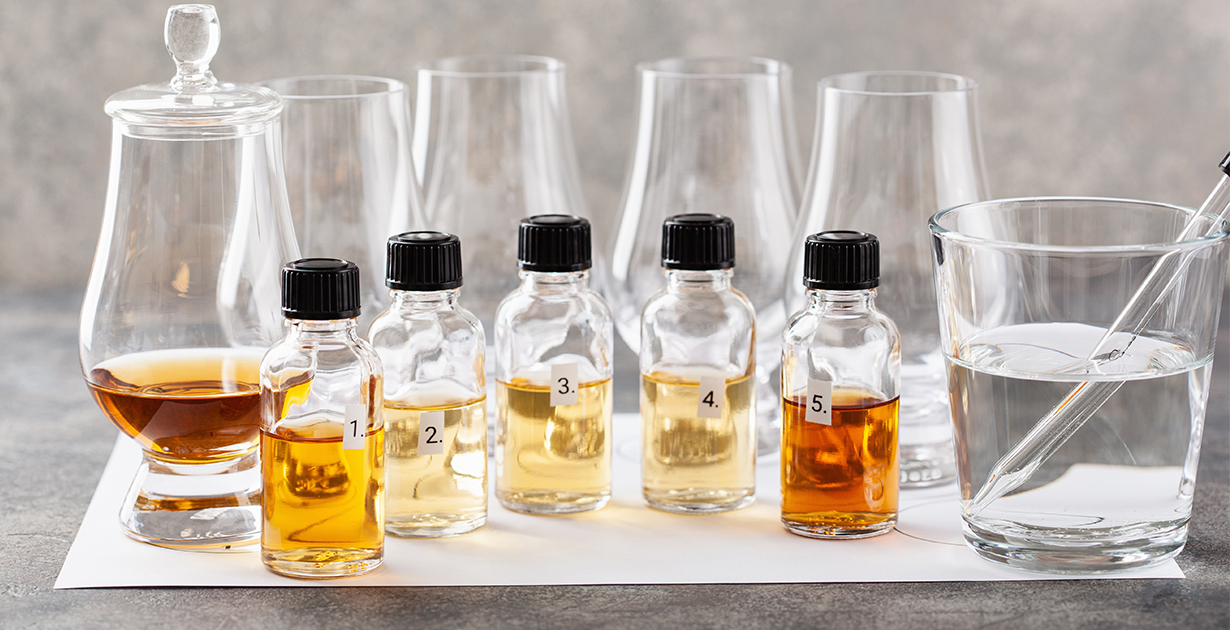
Judging requires patience and consistency. We open a second bottle about a third of the time to check for product consistency and flaws. Judges occasionally move certain products to a corner of a table and taste them twenty minutes later.
Professional spirit competitions are double-blind, ensuring the judges do not see the bottle or recognize the brand. Spirits are poured in another room safely distanced from where judges will evaluate products.
Judging is done with a team of three or four judges per table.
5. Miscategorization is the competition entrant’s enemy
The most common mistake is when an entrant places a product in the wrong category. This is hard to catch when organizing a competition with hundreds of entries.
For example, entering a mandarin-flavored tequila in a Tequila Blanco category could cost the entrant some points if the judging panel doesn’t recognize why the tequila tastes different.
6. Accurate alcohol percentages are a must!
The incorrect alcohol percentage stated during the entry process can also work against an entrant’s results. If the product entry indicates 45% but the actual percentage is 53%, judges could perceive the product as “too hot” for its specs. It is vital that judges are made aware of a product’s correct alcohol percentage.
7. The current trend in high-proof whiskey is slowing down judges
For years, whiskey and bourbon typically were produced at an average of 45% AbV (90 proof).
Over the past three years, we have noticed an increase in high-proof whiskey entries. Some products are coming in at 62% ABV (124 proof).
Judging high-proofed products typically happens after judges have had lunch. We make sure to have crackers, plenty of water, and coffee beans to reset their palates.
Still, after judging several flights of high-proofed whiskey, we carefully monitor the judges to see when palate fatigue begins. That is when we conclude the judging session for that day.
8. Judges spit but still get buzzed
Judges typically evaluate 40 to 50 spirits in a day. They spit and drink plenty of water. But absorption of alcohol is inevitable. Judges take Ubers or have family or friends drive them to and from the competition.
9. Glassware matters a lot!
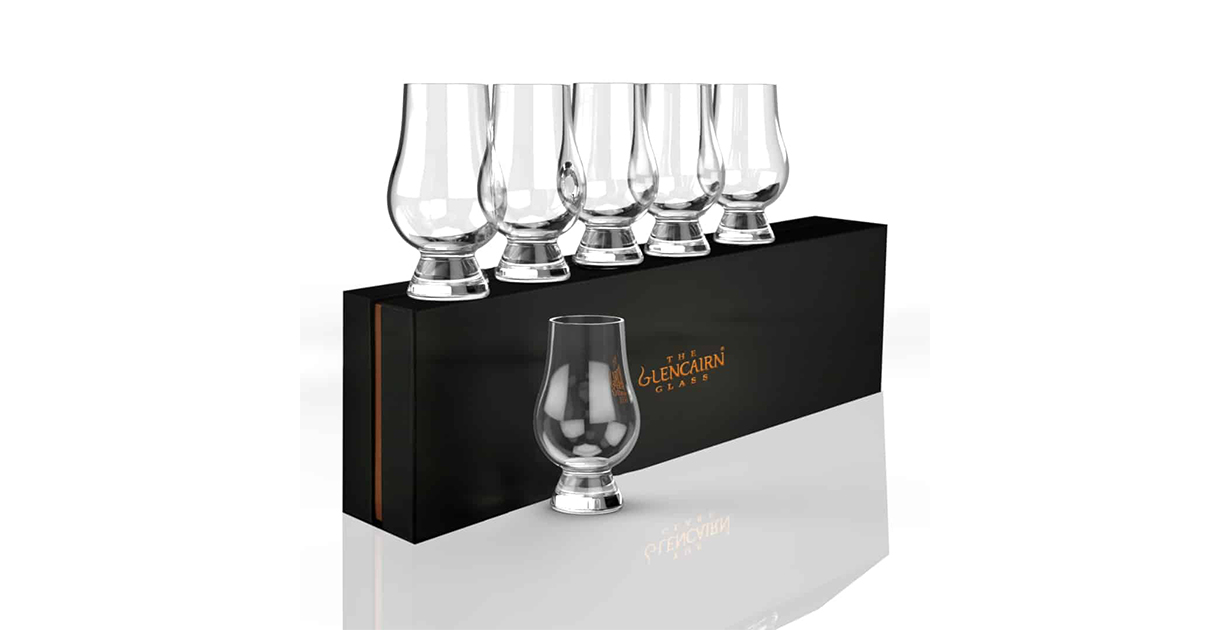
Over the years, we have tried evaluating spirits using different types, brands, and glass shapes. For personal enjoyment, we use Glencairn and Riedel Glasses.
After significant testing, our judges fell in love with the Neat™ Spirits evaluation glass. These tulip-shaped glasses enhance the judge’s ability to detect nuances in the spirits. The Neat™ Glasses have optional caps that fit tightly over the top and can be labeled to ID each spirit. The caps also trap the smell of spirits before they are removed.
10. Not all spirits are awarded the same results every year
This puzzles me, especially when reviewing scores of spirits produced by large, mass-distributed brands.
However, several factors play a part in slightly altering product quality between batches: weather, instability from transportation, and packaging (closures, bottles).
Wine Country Network has recently called for UK entrants to the 2024 Global Whisky Challenge. Find out more here.

